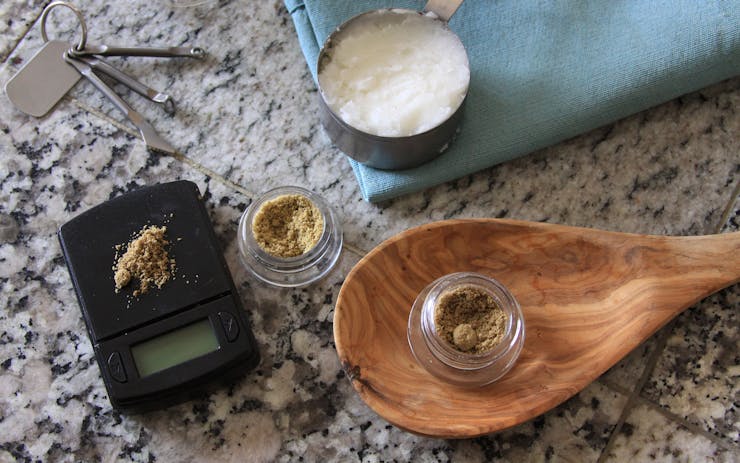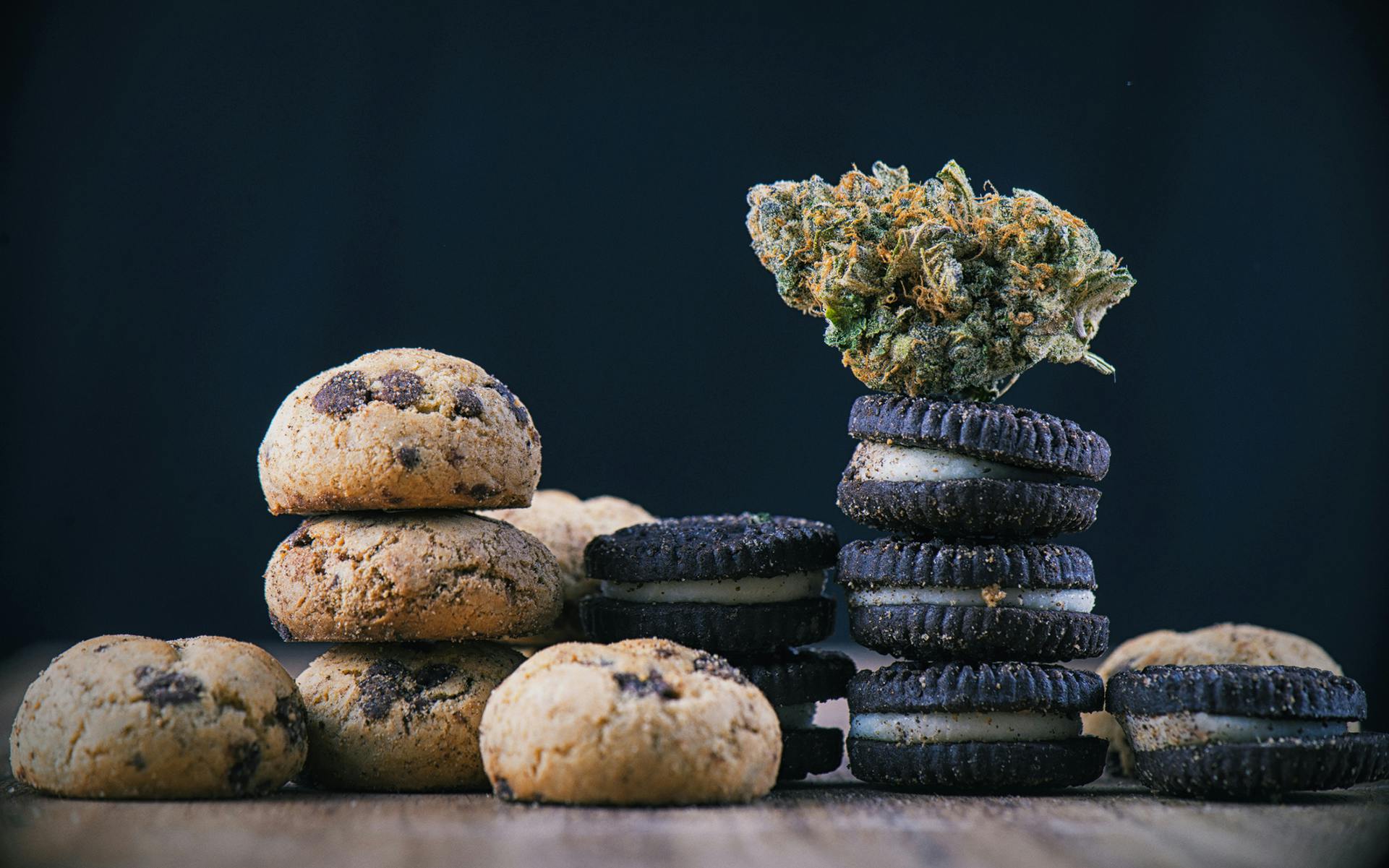Here’s a bold prediction: in five to ten years, everyone will be using hash like a seasoning, sprinkling half-grams of full-melt into soups and stews, adding un-pressed cannabis trichomes to smoothies, sauces, and desserts … the sky’s the limit.
Put your culinary skills to the test—find elevating hash nearby.
Currently, using prized extracts to flavor food is seen as an extravagance, but future trends will bring hash within the reach of everyday epicureans—much like gourmet items such as truffles and saffron. The idea of using hash as an ingredient is gaining momentum, powered by an increasingly mainstream cannabis culinary movement and made possible by a regulated market.
The advantages to using hash as a culinary ingredient are great. Versus flower, hash is easier to accurately estimate THC content and serving size dosages, it also possesses a deeply earthy, complex flavor that’s superior to grassy, chlorophyll-packed flowers.
Check out these tips to get the most out of using hash as a culinary ingredient.
Find
Look for ice hash or water hash made using traditional techniques, such as the products from Nasha, Biscotti, or Frenchy Cannoli, which have great flavor and moderate potency (usually around 50 to 60% THC). If you’re lucky enough to know people who make their own hash, inquire about “food-grade hash,” a coarser grade of hash that’s not usually found in stores because it’s not considered good enough quality to smoke.
When this type of hash is made, it’s filtered through mesh bags with increasingly fine “microns,” which refers to the size of the tiny holes in the mesh. Coarser grades of hash might include a little bit of plant matter, but it’s a more affordable option for cooking which still delivers plenty of flavor and THC.
Dose
If you’re using a traditional water hash like this Biscotti Resina with 50% THC content, it’s easy to estimate that there’s 500mg of THC in 1 gram. For example, suppose you’re making 12 cupcakes with hash-infused chocolate icing. You’d want to infuse .25 grams of hash into the butter that you’re using to make the icing, delivering 125mg of THC to the entire recipe.
Divided equally among 12 cupcakes, that’s about 10 mg per cupcake, an appropriate THC dose for one serving.
Decarb
Much of the THC content of hash is THCA, which isn’t psychoactive until it’s been decarboxylated. This happens instantly when you combust hash and inhale it, but when you’re cooking with hash, it needs to be exposed to heat in order to make it more psychoactive.
Toast it at 240ºF for 20 to 30 minutes in an oven before infusing into fat, but know that this will change the flavor of the hash, rendering it much more fragrant and noticeable in a dish. Decarboxylation converts THCA into potent THC, but it also vaporizes about 20% of your total cannabinoids, so your cupcakes might end up with about 8mg of THC each.
Infuse
An easy infusion method involves mixing the hash together with melted butter or oil in a Mason jar, sealing the jar, and placing it in a pot of simmering water for up to an hour. Some people prefer to skip the decarb step and rely on the long simmering time to activate THC as it’s being infused into fat. This will work, but your infusion may not be as potent as it could be. However, you’ll get a subtler taste that’s ideal if you’re trying to avoid the hash being the most noticeable flavor in the dish.
Homogenize
Incorporating THC into a uniform mixture aids in estimating dosage and dividing into equal portions. Use your hash-infused fat to make sauces, salad dressings, puddings or icing, which can be easily measured by the tablespoon. Creating a homogenous mixture means that the THC will be evenly spread out through the volume of the entire recipe—provided it was blended thoroughly.
Pair
The earthy, spicy flavor of traditionally crafted hash is best paired with other boldly-flavored foods like meaty sauces, umami-rich mushrooms, chocolate, and caramel. Use it to heighten a bowl of ramen with pork belly, a classic French beef demi-glace, or a sweet dulce de leche sauce for ice cream. If you’ve already decarboxylated your hash, add it towards the end of the simmering time to maintain potency. Exposing THC to high heat for long periods of time will eventually cause this desirable cannabinoid to evaporate or degrade into CBN, which will make you very sleepy.






